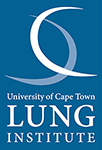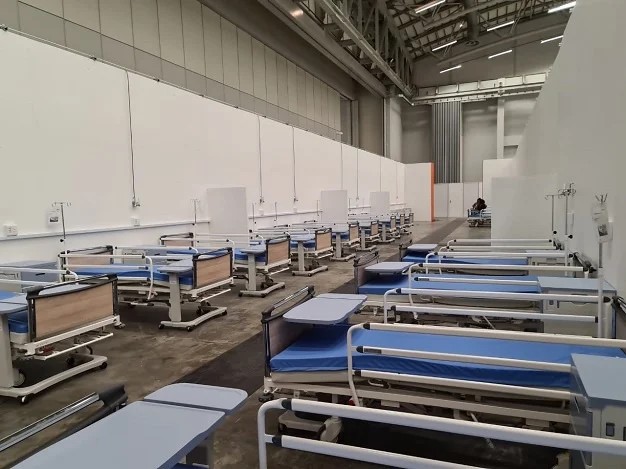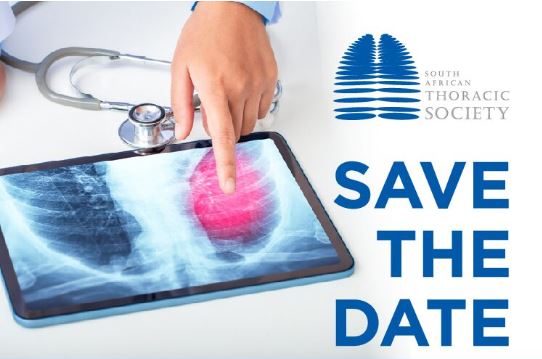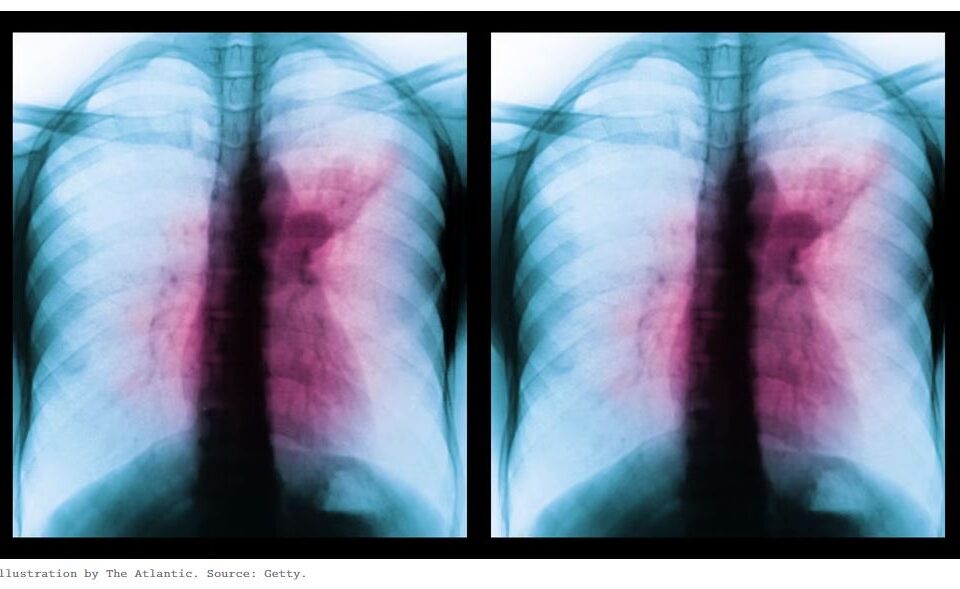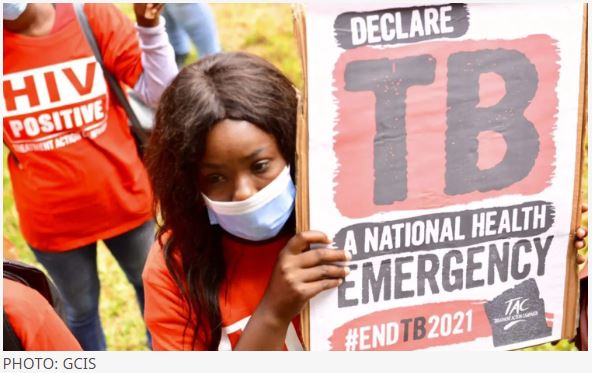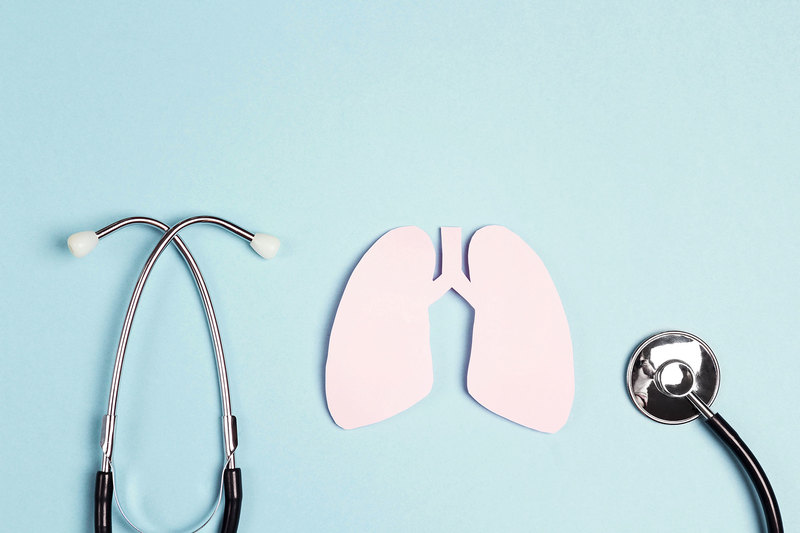


Actively searching out TB cases ‘critical’
13th July 2020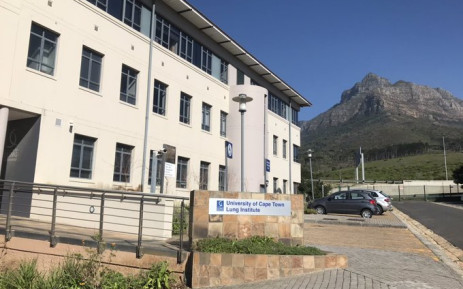


SA’s COVID-19 vaccine efficacy trial rolled out in Western Cape
31st July 2020News24 – 22 July 2020
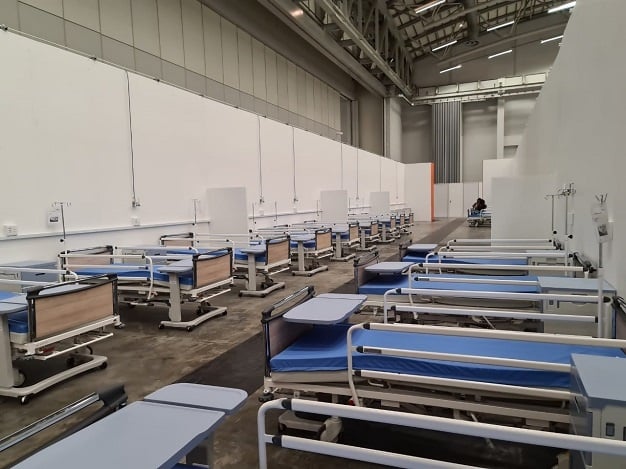

The Hospital of Hope at the Cape Town International Convention Centre. Murray Williams, News24
While some in the Western Cape are celebrating getting past the peak of the Covid-19 pandemic, we still need to be cautious writes Richard van Zyl-Smit.
The Western Cape has probably hit its peak of Covid-19 infections.
Neighbours seem to be having braais and gatherings are happening despite lockdown restrictions being in place. People are out and about with less regard for physical distancing, as it seems everyone thinks the peak is behind us.
The Covid “peak” is not a sharp Mont Blanc-shaped peak, but more likely a flatter Table Mountain type “peak”. It will also unfortunately have characteristics that resemble a Mount Everest peak.
Into thin air is a gripping, but harrowing, book by veteran mountain climber John Krakauer. The book provides an account of the 1996 disaster on Everest that claimed eight lives.
A group of climbers were caught in a severe storm and lack of preparedness and ability cost many lives that year. In high altitude mountain climbing, ascending above 8 000m is referred to as the “death zone”. It is at this altitude that our human physiology discombobulates, and prolonged exposure to these extreme conditions without supplementary oxygen are fatal.
Not a time to celebrate
It appears that many people clearly think the worst is behind us and that now is the time to break free and celebrate.
Having ascended to the peak through the “death zone”, the impression is that we are heading towards the end of this oppressive pandemic. Schools are open, many businesses are back in action, we can watch international sport and we can start to go out live again as the worst is apparently behind us…
Paul Firth and colleagues studied mountaineers who died on Mount Everest.
They found that over half (56%) of the roughly 300 deaths occurring on Mount Everest from 1921 to 2006 have been on the way down from the peak.
Many of the overall deaths were from trauma (avalanche/falls, etc) but when looking at those who died after ascending above 8 000m to the summit, profound fatigue, cognitive changes and ataxia were the most common symptoms reported in non-survivors.
They got past the peak, but still succumbed.
Without wanting to draw too many parallels, nor sound overly dramatic, we have a long way to go and it is way too soon to “celebrate”.
We run several risks similar to those documented in the Mount Everest climbers: Fatigue of restrictions may lead us to abandon our physical distancing and hand washing practices whilst the virus is still widely circulating in our communities. Fatigue can also lead us to be sloppy with our cloth masks and hospital-specified personal protective equipment, resulting in unintentional exposures.
Cognitive changes, especially related to behaviour, may lead us to break restrictions and expose others by our recklessness. We may also not recognise potential high-risk exposures at work or in ,social situations as our perceptions are dulled and again place ourselves in unanticipated high-risk exposure situations.
Finally, ataxia (a common problem caused by too much alcohol) may result in all sorts of trauma especially pedestrian and motor vehicle accidents, not to mention unwelcomed hugs and attempted kisses by drunk individuals.
As much as we wish to rejoice that the peak is over, we have a long way still to trek before we get to “base camp”, let alone Kathmandu.
Dedication needed
We should mark the point of passing the peak, and we can look forward to the descent, and look forward to the collective celebration that the closure of the Hospital of Hope* will no doubt bring. But we must remain cognisant of the dangers that remain, that an unrestrained free-for-all is likely to bring an avalanche of catastrophe.
We need to approach our descent with the same sense of dedication, planning and care as with the ascent.
The major difference is that the worst is behind us, and the fear of what is to come will have lifted. We also need to make sure that those around us have enough oxygen to breath and that they don’t run out on the way down to safety.
We need to be sure of our footing and of those around us as there will be those who need added assistance to descend the mountain. We need to make certain our teams are still functioning well, and that we do not get ahead of ourselves and risk our own lives and those of our compatriots by running ahead.
We need to not drink too much (goes without saying) and we need to hold off, for a little longer, on our hugs and kisses!
We will breathe better as we descend from the peak of this pandemic, and we can start to talk of life when we get home. We will be forever changed by this experience and will have mental photos that will last forever. We will all (I think) need some counselling and debriefing, especially those in the frontline, but we will have scaled a peak none of us ever thought we would need to.
First however, we need to safely get down the mountain.
– Associate Professor Richard van Zyl-Smit is a consultant pulmonologist at the University of Cape Town and Groote Schuur Hospital.
*The Hospital of Hope is a field hospital set up at the Cape Town International Conventions Centre.
**Want to respond to the columnist? Send your letter or article to [email protected] with your name, profile picture, contact details and location. We encourage a diversity of voices and views in our readers’ submissions and reserve the right not to publish any and all submissions received.
Disclaimer: News24 encourages freedom of speech and the expression of diverse views. The views of columnists published on News24 are therefore their own and do not necessarily represent the views of News24.
